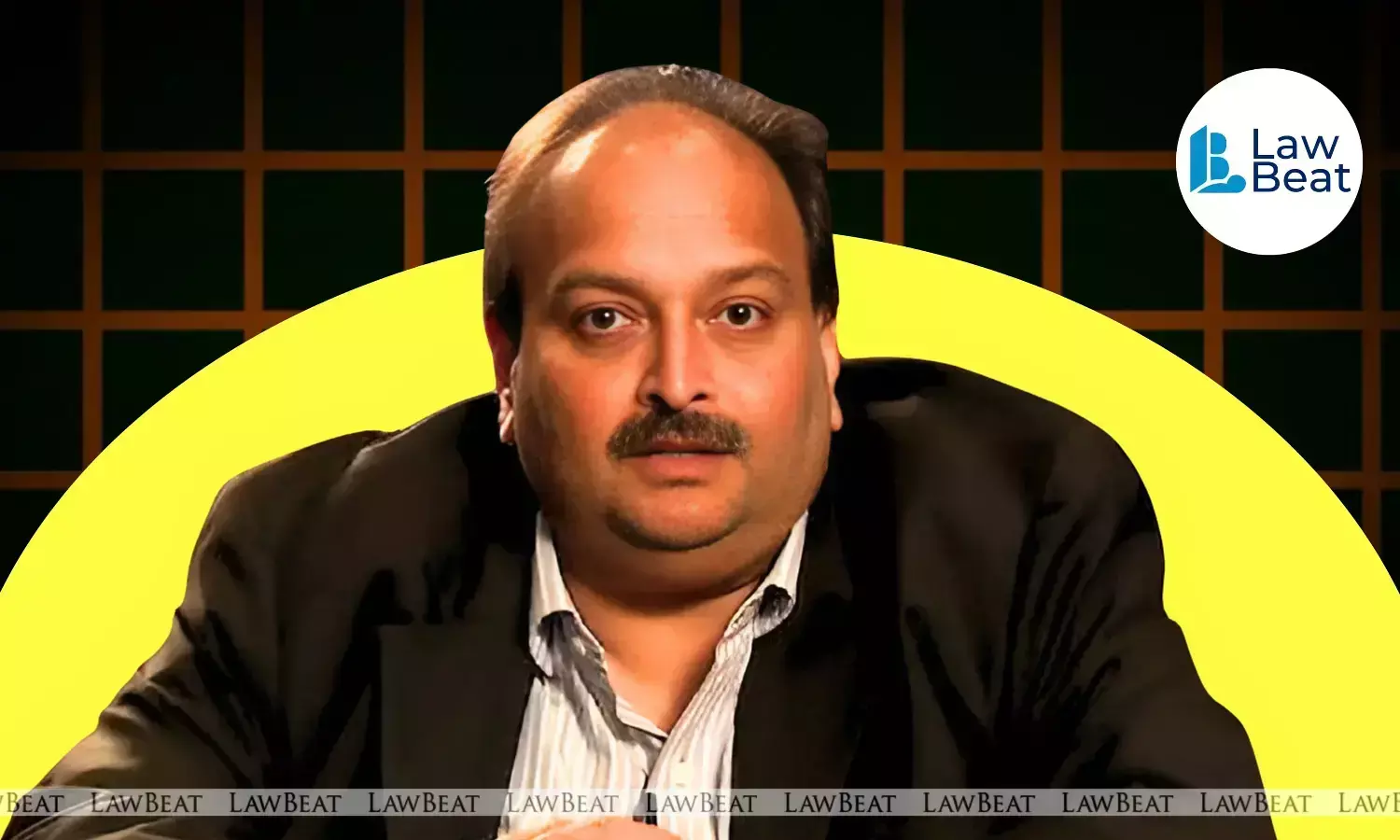Belgian Court Approves Extradition of Mehul Choksi to India in Rs. 13,000 Crore PNB Fraud Case

Antwerp Court Approves Extradition of Fugitive Diamantaire Mehul Choksi to India
A court in Belgium has approved the extradition of fugitive diamond trader Mehul Choksi to India in connection with the Rs. 13,000 crore Punjab National Bank (PNB) fraud case. The ruling, delivered by the Court of Appeal in Antwerp, upheld the validity of Choksi’s arrest by Belgian police and confirmed that India’s request for extradition met all procedural and legal requirements under Belgian law.
The decision marks a major step toward bringing Choksi back to India to face trial after years of evasion across multiple jurisdictions.
Choksi was arrested by Antwerp police on April 11 this year following a formal extradition request from the Central Bureau of Investigation (CBI).
He has been in custody since, with several bail applications rejected by Belgian courts amid concerns that he could flee the country if released. The extradition proceedings were initiated under the India-Belgium Extradition Treaty, which came into effect in 2020 and allows either nation to seek the surrender of a fugitive accused or convicted of a criminal offence recognised by both jurisdictions.
During the proceedings, the Belgian public prosecutor supported India’s request, noting that all the charges against Choksi including cheating, criminal conspiracy, corruption, and misuse of Letters of Undertaking are recognised as punishable offences under Belgian criminal law as well, thereby fulfilling the principle of dual criminality. Choksi’s defence team, however, opposed the extradition, arguing that his health condition and pending legal matters in other jurisdictions rendered the process unlawful.
The court rejected these contentions and observed that the extradition documentation submitted by India was complete, substantiated, and compliant with the requirements of international cooperation in criminal matters.
According to reports, India assured the Belgian authorities that upon his extradition, Choksi would be held in lawful custody in compliance with international human rights norms. The CBI’s submission reportedly included details of the detention facility earmarked for Choksi at Barrack No. 12 of the Arthur Road Jail in Mumbai, ensuring adequate medical facilities, lighting, ventilation, and security arrangements.
These assurances were considered as part of Belgium’s human rights review, a necessary step in extradition matters involving long term custody.
The Antwerp court’s ruling follows several years of litigation concerning Choksi’s attempts to avoid extradition. After fleeing India in 2018, Choksi obtained citizenship of Antigua and Barbuda under its Citizenship by Investment programme.
He had been residing there until his reported disappearance in 2021, after which he was briefly detained in Dominica before legal proceedings forced his return to Antigua. His recent arrest in Belgium came after intelligence sharing between Indian and Belgian agencies led to the confirmation of his location and subsequent detention.
The Punjab National Bank fraud case, which came to light in 2018, involves alleged misuse of Letters of Undertaking issued by the bank to enable companies linked to Choksi and his nephew Nirav Modi to secure credit from overseas banks without adequate collateral. The scam, amounting to approximately Rs. 13,000 crore, triggered one of the largest banking investigations in India, with multiple charges filed under the Indian Penal Code and the Prevention of Corruption Act.
The CBI and the Enforcement Directorate (ED) have since attached several properties and assets linked to Choksi’s firms and associates.
In its ruling, the Belgian court concluded that the offences alleged against Choksi satisfied all legal criteria for extradition under Belgian law and that India’s assurances regarding fair trial, detention, and treatment were credible and binding. The court also noted that no procedural irregularity had occurred in the manner of Choksi’s arrest or detention, rendering the extradition order legally sustainable.
Choksi has been granted fifteen days to file an appeal before Belgium’s Supreme Court. If no appeal is filed, or if the appeal is dismissed, his extradition to India will move forward under Belgian judicial supervision.
The decision represents a significant breakthrough in the nation's effort to bring back economic offenders who have fled the country to evade prosecution.
The Antwerp ruling underscores a growing trend of cooperation between Indian investigative agencies and European judicial authorities in pursuing financial offenders accused of large-scale banking frauds.
